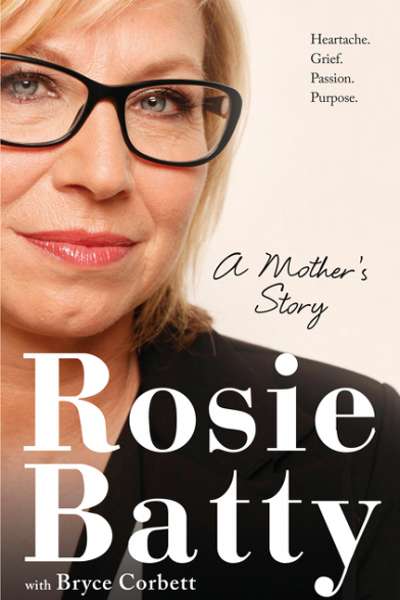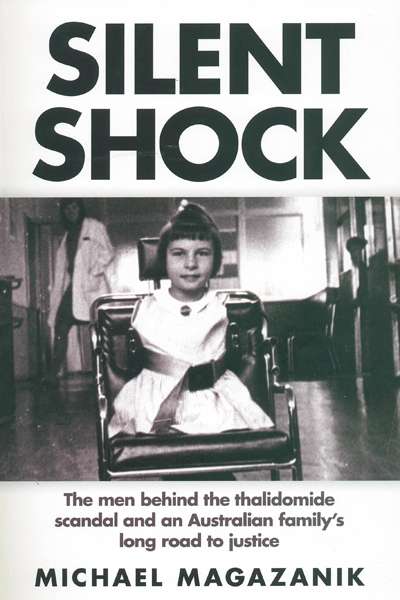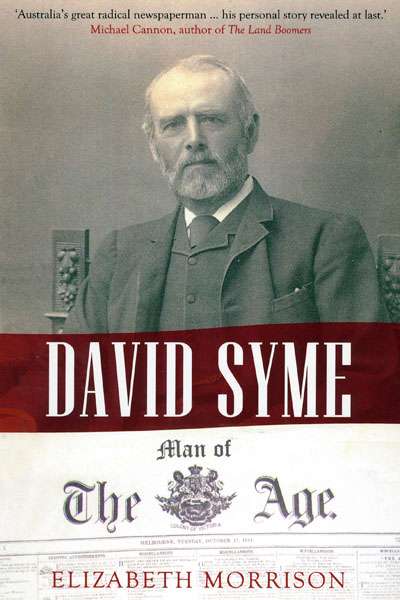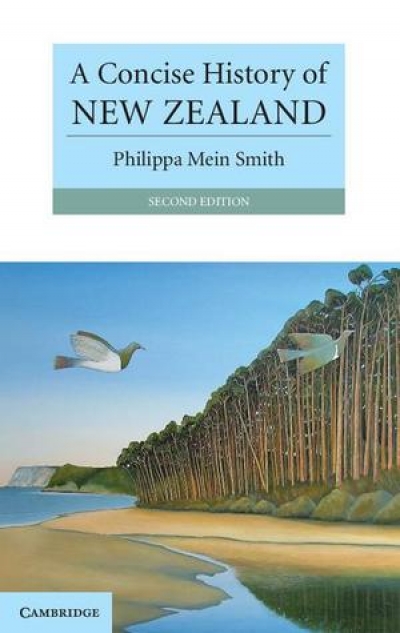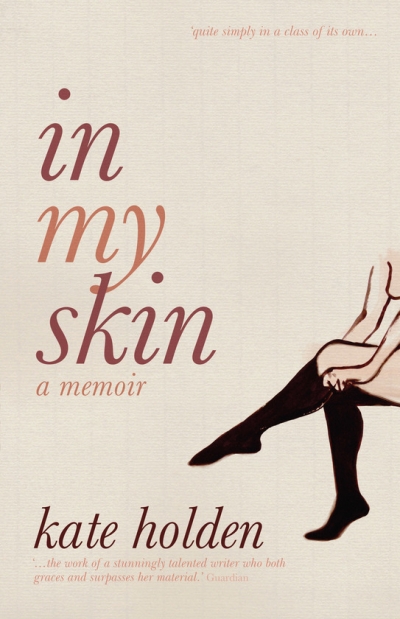Rachel Buchanan
The book in my hand is a Letts Diary, 11B, made in England. The diary is small, no bigger than a child’s hand. It belonged to a boy named Michael Snell. Clearly he loved school; his first entries list the subjects he studied each day. On 23 January 1950 Michael wrote: ‘Had a letter sent went to school … we had our second injection against typhoid fever getting excited.’ On 24 January he wrote: ‘Last whole day in England for quite a time I hope I come back sometime.’ Then his ship sailed. On 25 January, Michael played football on deck with some other children. Next day he played table tennis, shuttlecock, darts. There was no land in sight. ‘Saw Plymouth last we saw of England for quite a time had light tea waiting for High dinner.’
... (read more)
